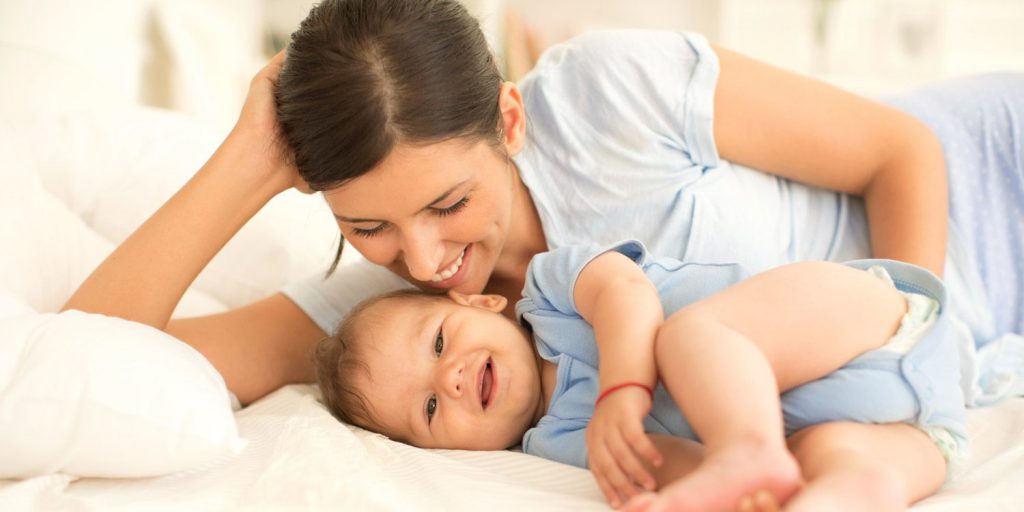Gripe water is every grandma’s favourite go-to option when babies cry. In fact, for generations mothers have been relying on gripe water to soothe their little ones when they cry bitterly. For those of you who don’t know about gripe water, it is a water-based dietary supplement given to babies to soothe colic, teeth pain, indigestion, acidity and gas in the stomach. The first commercially available gripe water was sold by the 19th-century British pharmacist William Woodward.
During an outbreak of malaria in the 1840s in England, a group of doctors created a medicine to treat the disease. However, they noticed that this wonder medicine could soothe colicky babies and provided them relief from minor tummy problems. The medicine was, eventually, noticed by William Woodward, who modified the formula to sell it commercially.
Anyhow, there have been a lot of arguments and discussions regarding the use of gripe water. Many people still believe that it isn’t safe for the baby because of many misconceptions floating around. Therefore, we have come up with a few pointers which will help you make the choice to give your baby gripe water or not.
Is Woodwards Gripe Water REALLY safe for your infant?
1. Alcohol is bad for your baby:
Everybody knows that alcohol is bad for babies although it was originally believed that alcohol content in gripe water soothes babies. But the recent researches show that alcohol isn’t a necessary ingredient to have the soothing effect on babies. Since there were a lot of cases reported about babies becoming addicted to alcohol, Woodwards came up with a brilliant solution- alcohol-free gripe water! Alcohol was in fact replaced with sugar because it is a natural pain reliever for kids and it had the same soothing effect on the babies.
2. Sodium bicarbonate can ease the acidity:
Baking soda is an ingredient which is commonly used in gripe water. Although it has no role in soothing your colicky baby, but it helps in curing the acidity in babies. Sodium bicarbonate helps in dealing with acid reflux which often happens to babies.

